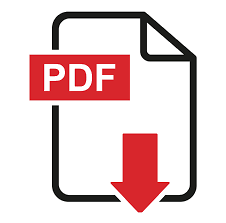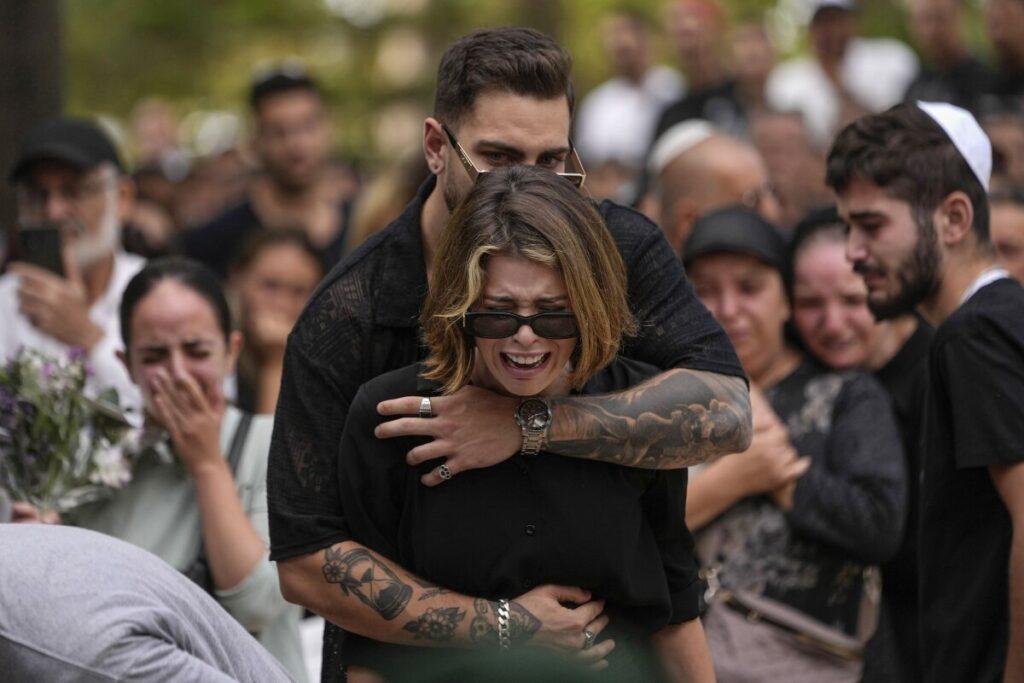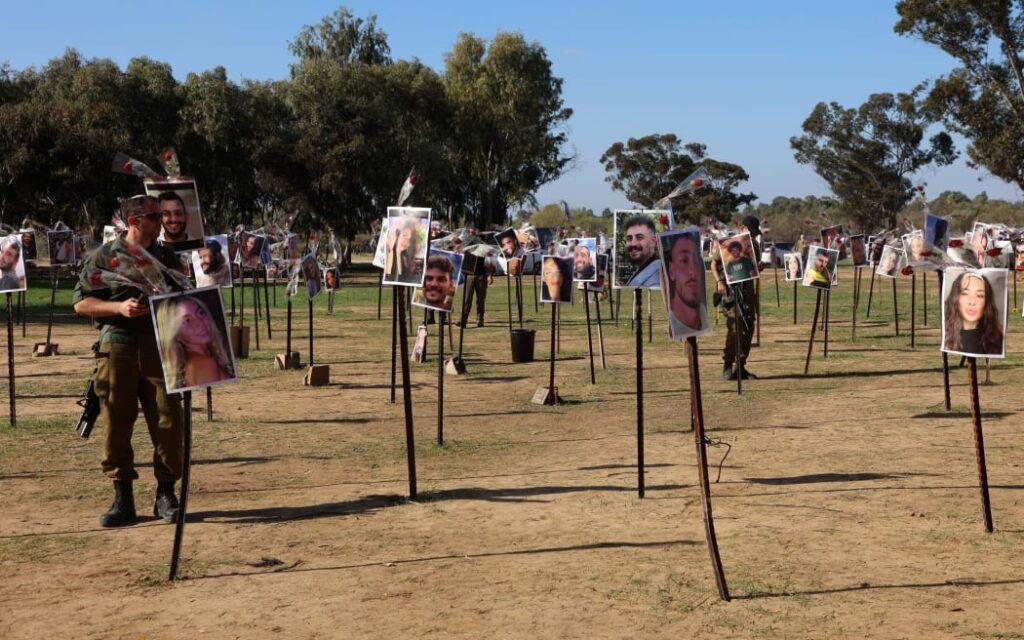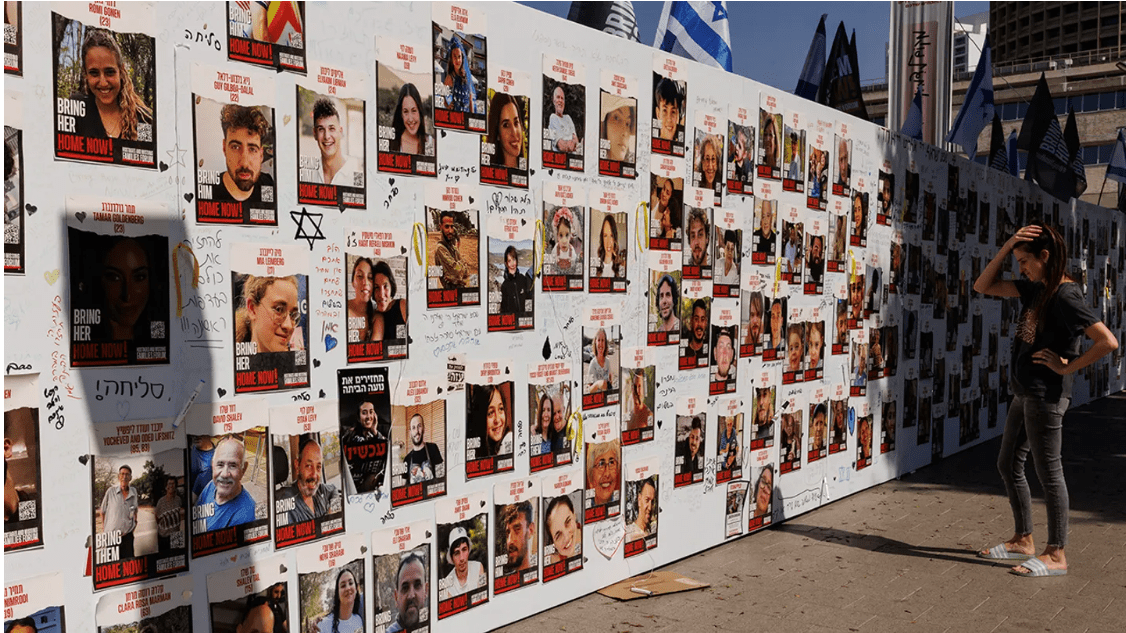Shedding Light on Atrocities
As Sephardic U, we stand united in condemning the heinous acts perpetrated by Hamas terrorists against innocent Israelis. The events of October 7th, chronicled in the report titled “Silent Cry – Sexual Crimes in the October 7 War,” serve as a stark reminder of the grave injustices inflicted upon civilians during times of conflict.
Documenting Brutality: The Silent Cry Report

(Warning: The report contains graphic descriptions of sexual abuse, torture and murder.)
This special report, compiled by the Association of Rape Crisis Centers in Israel, provides a chilling account of the sexual abuse, torture, and murder inflicted upon Israeli men, women, and children by Hamas militants. The content warning preceding the report underscores the graphic nature of the atrocities documented within, emphasizing the urgent need to expose the brutal realities faced by victims of terrorism.
Amplifying Voices: Advocacy and Awareness

At Sephardic U, we recognize the importance of amplifying the voices of survivors and advocating for justice on their behalf. By disseminating this report, we aim to raise awareness about the reprehensible actions of Hamas and the profound impact they have on individuals and communities. It is our collective responsibility to ensure that these crimes are not overlooked or forgotten amidst the chaos of conflict.
Speaking Out: Survivor Testimonies
The testimonies contained within the report reveal the depths of human suffering inflicted by Hamas militants. Survivors bravely recount their harrowing experiences, bearing witness to the unimaginable horrors they endured at the hands of their assailants. Their resilience and courage in the face of unspeakable cruelty serve as a testament to the human spirit’s capacity for endurance.
Demanding Accountability: Pursuing Justice

As an institution committed to promoting peace, justice, and human rights, Sephardic U calls for accountability for those responsible for these egregious crimes. Hamas’ actions constitute clear violations of international law and fundamental principles of humanity, and those complicit in such atrocities must be held accountable for their actions.
Mobilizing Support: A Call to Action
We urge individuals and organizations to share this report widely, amplifying its message and raising awareness about the plight of terrorism victims. By shedding light on these atrocities, we can garner support for survivors, challenge impunity, and work towards a future free from terrorism and violence.
Conclusion: Standing in Solidarity
In solidarity with all those affected by terrorism, Sephardic U reaffirms our commitment to standing against injustice and advocating for the rights and dignity of all individuals. Together, let us raise our voices and demand accountability for the perpetrators of these heinous crimes, ensuring that the silent cries of the victims are heard and their suffering acknowledged.









Ohr HaChaim Yomi – Emor